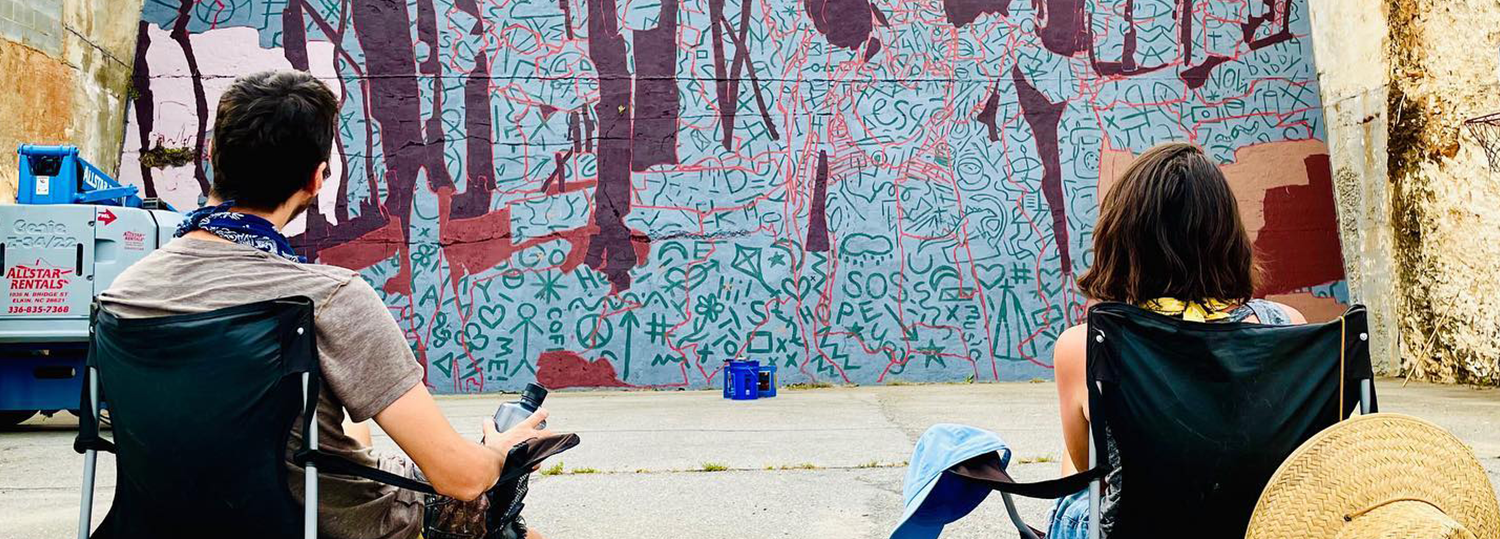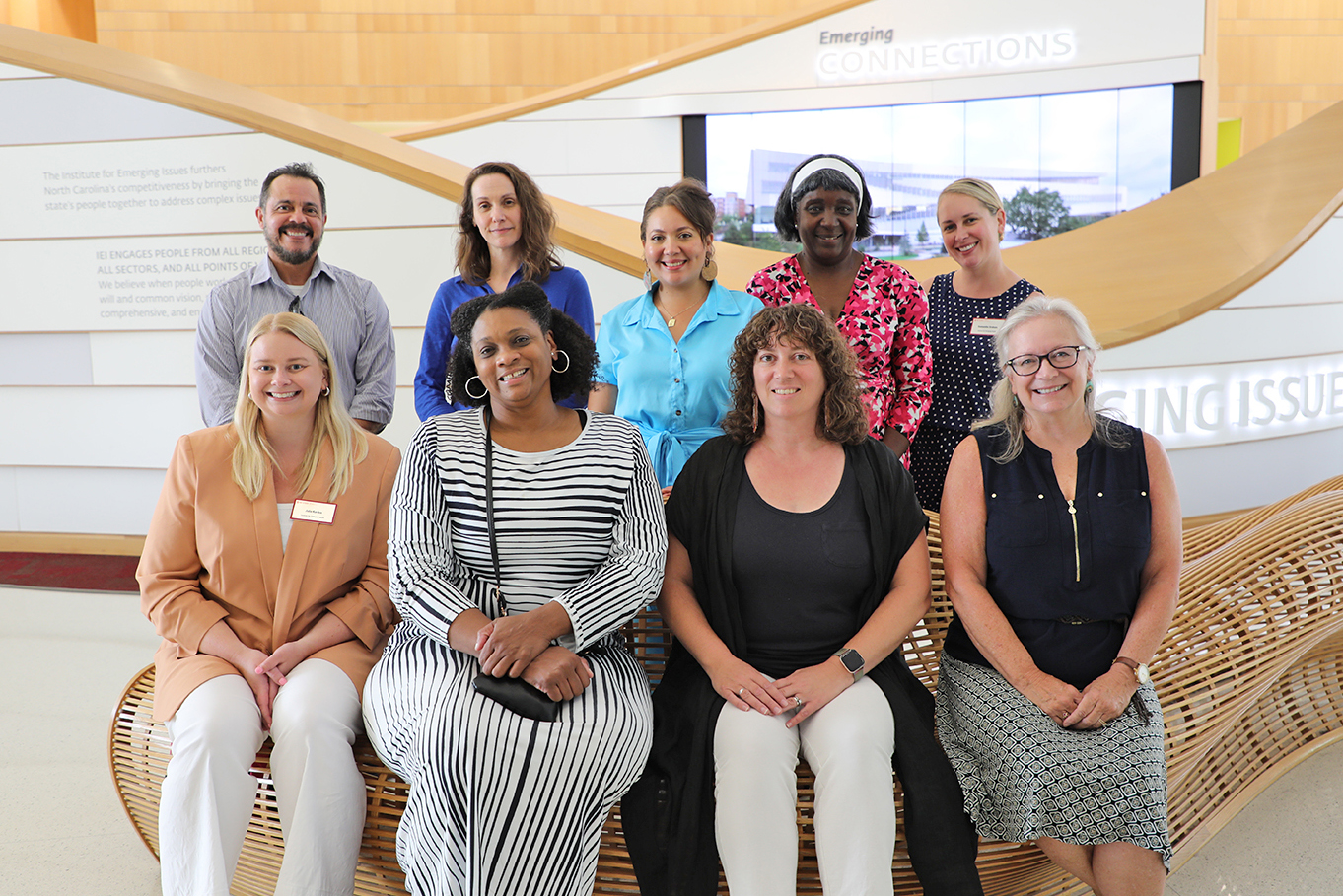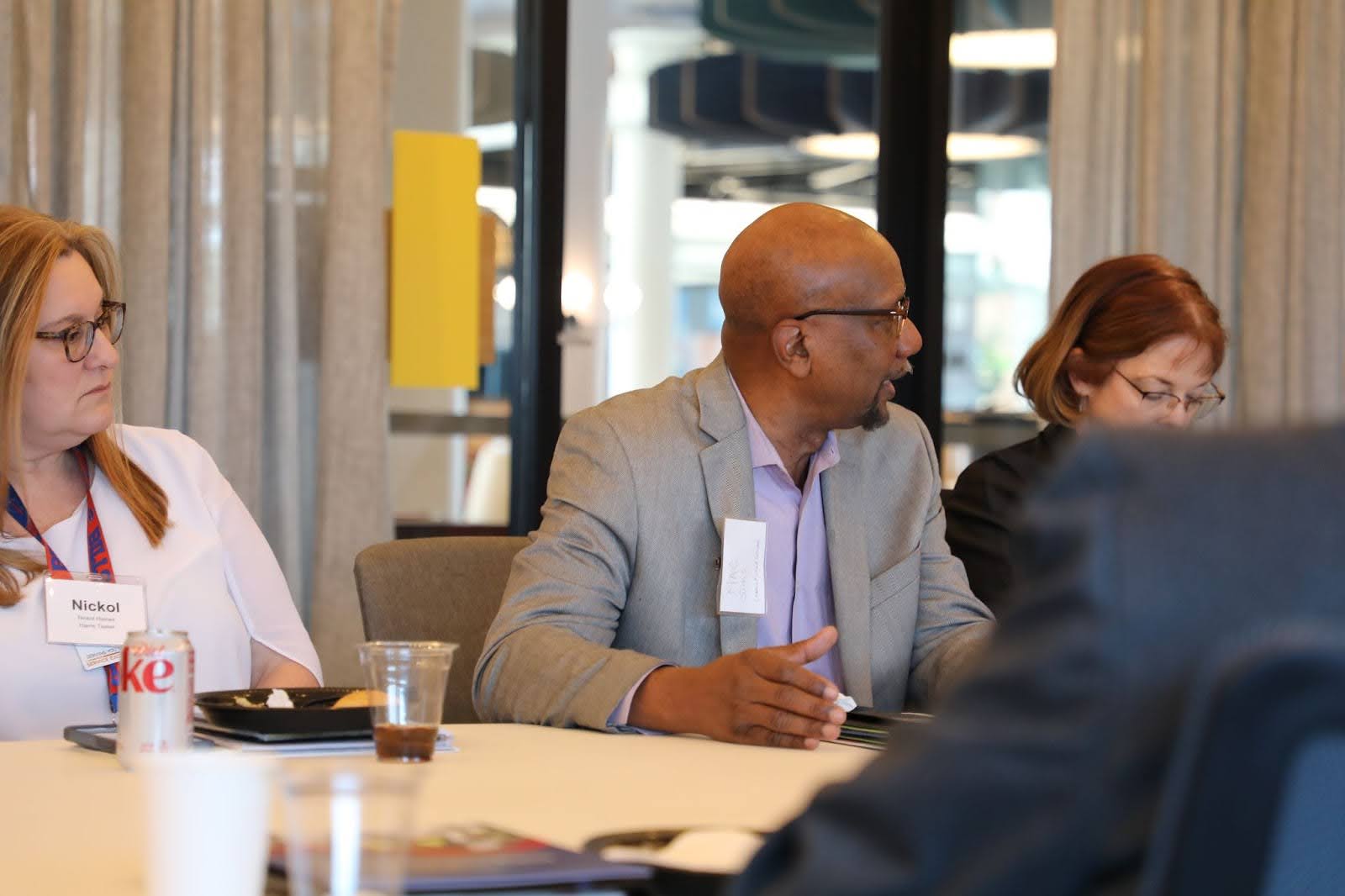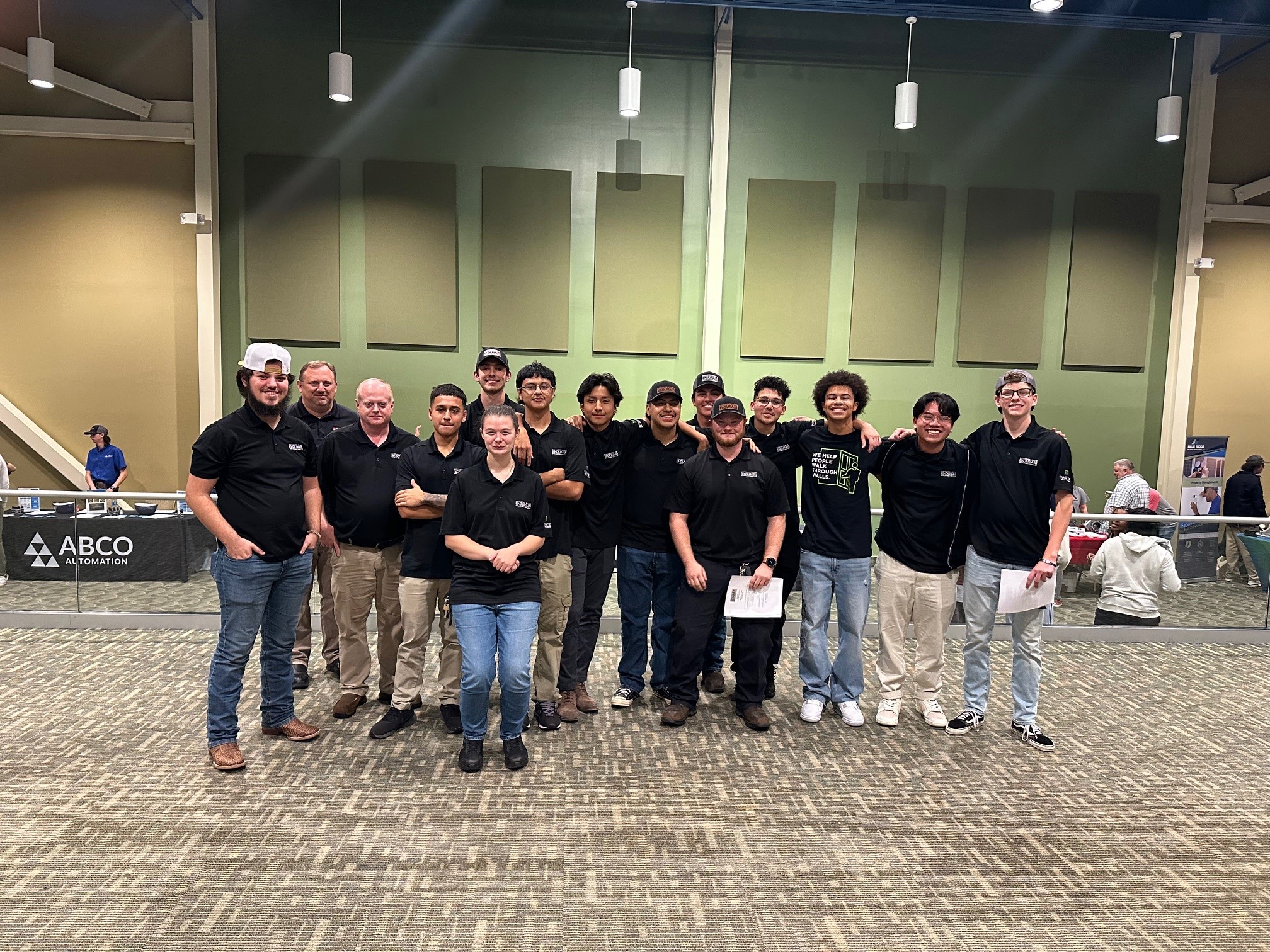Explore Elkin (Reconnect to Community)

Explore Elkin is a lean organization that works to promote development, tourism and community engagement in the Elkin/Jonesville region. The organization itself has become something of an obligatory passage point for the region: a one-stop-shop where local events are posted; an intermediary that brings together stakeholders and coordinates their efforts; while also facilitating spaces where community members can bring forward concerns and discuss strategies for the future. In these capacities, Explore Elkin remains an essential part of the region’s evolution; however, in order to understand this, we must first consider the region’s history.
For a long time, Elkin and Jonesville were company towns for the Chatham Textile Mill, which operated for roughly a century, employing as many as 3,000 in its heyday. In the late 1980s, the Chatham family lost control of the mill, leading to its gradual decommission and demolition in 2016. This led the town to something of an existential crisis: if they were no longer a company, what were they? This concern came to a head in 2015 when the mayor issued a call to action, seeking to address this question and plot a sustainable future for the region. Out of this, Explore Elkin emerged.
As the organization’s founder, Jeff Eidson, explains, “the phrase ‘explore Elkin’ has a double meaning: it challenges us to explore who we are (what our strengths and weaknesses are), but it also invites outsiders to come and explore our community.” In one respect, this reflective self-exploration was involved taking stock of all the assets Yadkin Valley had to offer, such as vineyards, music, food and trails; but in another respect, this required a more creative interpretation of what the region could become if its qualities were cultivated and its issues addressed. In practical terms, the first step would be calling stakeholders together and getting them on the same page.
Explore Elkin held its first major event in March of 2017. Closing off a portion of the street, they hosted a combination festival, fundraiser and informal town hall. The event was held in The Liberty, a local event venue on Main Street in Downtown Elkin. Set to a background of local music, wine and cuisine, the founders detailed what Explore Elkin could do for the community, while at the same time listening to their community: hearing concerns, ideas and stories. At this point, fundraising took off: families were encouraged to donate $100 or $200, with a local orthopedic surgeon matching the first $10,000. This event, supplemented by a few private donations, provided Explore Elkin with its initial operating budget.
Philanthropic efforts aside, Jeff is a businessman (president of G&B Energy; Commissioner of Elkin); as a consequence, Explore Elkin (as an organization) is driven by two principles. First, stakeholders need to put “skin in the game”: paying for membership both supports the organization and ensures members are more likely to participate in local events because they have invested in them. Second, stakeholders need to be rewarded for their investment both individually and collectively. At an individual level, Explore Elkin worked with local merchants and restaurants to provide discounts for members; they likewise hold a once-a-year members exclusive dinner celebration and provide small gifts when able. At a collective level, Explore Elkin coordinates regular events, providing music and entertainment (e.g. comedy), while actively promoting tourism and development in the region. All this together greatly incentivizes membership, such that roughly 10% of the town’s population (~4,000) are now members.
Explore Elkin functions as a connector and facilitator par excellence: identifying opportunities for coordination that will prove mutually beneficial for all involved. They maintain connections with local government, parks, schools, charitable organizations, churches, merchants, restaurants, farmers/vintners, prevailing industry players (e.g. Energy, Hospital) and creatives (e.g. musicians, artists, performers). These connections allow them to draw from multiple funding sources as they promote local events and find means of promotion that could benefit multiple parties. Likewise, these connections can work to strengthen community ties via the “Young Explorers” program which teaches children about the local ecosystems or job channels whereby high school seniors are put in contact with local merchants.
In demographic terms, in the previous decade, Elkin was getting older; now, Elkin is getting younger. And as it moves towards its future, there are still challenges for the community to overcome. Tourism took a hit because of COVID-19, causing many merchants to suspend operations during the pandemic. Elkin, like so much of the world, is eager to return to normal. Like many rural areas, Elkin still struggles in terms of broadband access, caught in a bureaucratic confusion (between government policies and ISPs) that scarcely acknowledges the publicly perceived problem. Among a diverse body of citizens, there are different, often conflicting views on politics and policy. As Explore Elkin’s calendar and mailing list have become the sources for publicizing events, they have a responsibility to remain impartial: respecting the diverse views of its community as a sign of strength and character.
From Jeff’s perspective, the futures of Elkin and Jonesville are inexorably entwined, with each economy relying on aspects of the other—as such, it’s useful to see them as one “greater community” and to seek out projects that stand to benefit both towns. In this sense, the rivalries of the past need to be put to bed so a mutually beneficial future can be realized. Though their work ranges from promotion, to event planning, and facilitating collaboration, as Jeff puts it, “The biggest thing we do is celebrate what our community is doing.”
Written by Chris Kampe.
- Categories:


